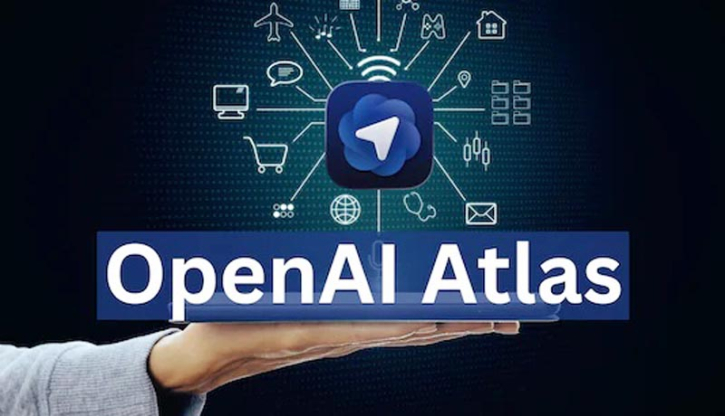OpenAI launches AI browser Atlas in latest challenge to Google

OpenAI has officially stepped into the web browser arena with the launch of Atlas, an artificial intelligence–driven browser designed to seamlessly integrate ChatGPT into everyday online browsing. The move positions the San Francisco-based company in direct competition with Google Chrome.
According to the company, Atlas aims to “redefine how people interact with the internet” by transforming search, reading, and navigation into an AI-assisted experience. Rather than typing queries into a search bar, users can simply ask ChatGPT questions, summarize articles, or generate insights directly within the browser — effectively turning the chatbot into a one-stop gateway for web exploration.
OpenAI CEO Sam Altman called Atlas “a once-in-a-decade opportunity to rethink what a browser can be,” adding that the product blends “the intelligence of ChatGPT with the openness of the web.” However, analysts note that challenging Google’s dominance — Chrome boasts over 3 billion users worldwide — will be no easy feat.
“For OpenAI to take even a fraction of Chrome’s market share, Atlas will have to deliver not just speed and security, but a fundamentally new way of browsing,” said Paddy Harrington, a technology analyst at Forrester Research.
Atlas launches first on macOS, with versions for Windows, iOS, and Android expected in the coming months. The browser’s standout feature is its “agent mode”, which allows the AI to autonomously browse the web, cross-check information, and explain findings in plain language. The feature can even use a user’s browsing history to offer context-aware recommendations and research assistance — something Altman described as “the internet working for you.”
However, privacy advocates have raised concerns about data collection and algorithmic dependency. Critics warn that if users rely solely on AI-generated summaries, it could further reduce traffic to news publishers and independent content creators, worsening an already fragile digital media economy.
OpenAI, which has more than 800 million users across its ChatGPT platform, continues to seek new revenue streams as its operational costs soar. While ChatGPT Plus and enterprise subscriptions generate income, the company remains unprofitable. Atlas is expected to play a key role in expanding its business model through AI-enhanced browsing, advertising, and subscription services.
Industry observers believe Atlas could also reshape the digital ad market by creating new forms of “conversational advertising,” where sponsored results or recommendations appear within AI-generated responses — potentially rivaling Google’s lucrative search ads.
.png)









